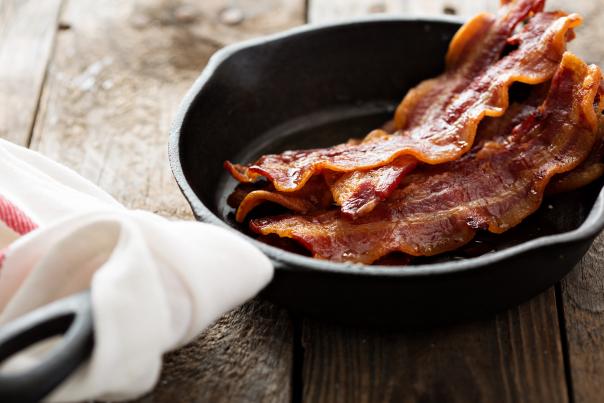
The charity claims UK rare breed animal numbers are at crisis point, with some animals that have been present since Viking times on the brink of extinction.
Hitting the highest danger level of breeds most likely to die out are (number of breeding females 2018): Vaynol cows (12), Cleveland Bay horses (64), Suffolk horses (80) British Landrace pigs (138), and British Lop pigs (161).
Tom Beeston, CEO of RBST, said: “These animals are beautiful to look at, uniquely British and deserve to be protected for future generations."
Some of the pig and cattle breeds are used for food. Rare breed pigs like the Gloucestershire Old Spots and Tamworth now feature on gastro-pub menus. RBST believes it is very important for consumers to ask for these rare breed animals when they go out to eat, because the more people that eat rare breed meat, the greater the demand, leading to more animals being bred.
Since many celebrity chefs and restaurant owners have not heard of the British Lop and British Landrace pigs, they are in extreme danger, because there is no market for them, according to RBST.
By contrast, rare breed beef is increasingly popular among chefs and restaurants.
Highland Cows used to be on the danger list in the 1970s, but and are now considered high quality and popular with consumers. More of the cows are therefore being bred, which RBST encourages.
Of greatest concern are Vaynol due to the critically low numbers, with British White cattle also being hit hard with a significant decrease since last year.
The charity is calling on government bodies and consumers to support its work. It requires more than £10m in the next decade to pay for its gene bank, where genetic material is stored, so that it can recreate a breed.
The report claims that some breeds will be lost forever unless funding is urgently found from the government and public funds.